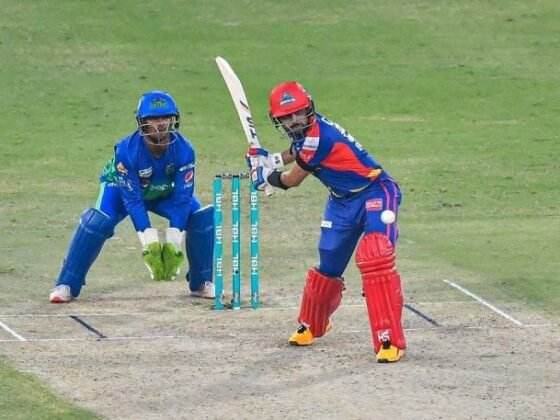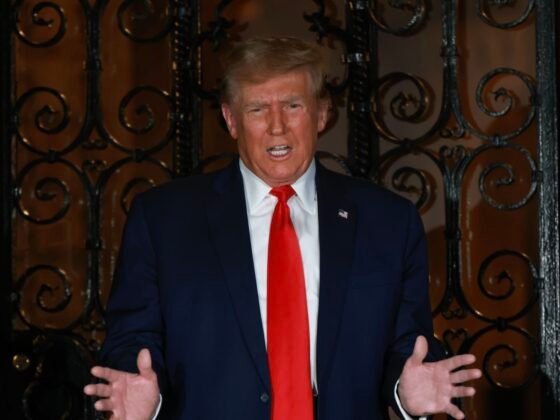A federal jury in New York reached the decision within the case in opposition to Muhanad Mahmoud Al Farekh, who’s initially from Houston.
Farekh’s case drew further consideration due to studies that American officers had initially debated whether or not to attempt to kill him in a drone strike, a step virtually by no means taken in opposition to U.S. residents. President Barack Obama’s administration finally determined to attempt for a seize and civilian prosecution as an alternative.
Farekh was captured in Pakistan and dropped at the US in 2015.
“As we speak, an American al-Qaeda member was dropped at justice in a US courtroom,” mentioned Bridget Rohde, the performing US lawyer for the Jap District of New York, utilizing an alternate spelling for the militant group’s identify.
She mentioned Farekh faces the potential for life in jail for “his efforts to homicide People and his dedication to one of many world’s most notorious terrorist organizations.”
There was no instant response from Farekh’s lawyer, Sean Maher. He had argued the forensic proof was too weak to convict Farekh, calling fingerprint specialists’ testimony “junk science” in a closing argument.
A lot of the prices in opposition to Farekh stem from an assault at Ahead Working Base Chapman in Khost Metropolis, Afghanistan, on Jan. 19, 2009.
The attackers drove two autos rigged with explosives. An preliminary blast injured a number of Afghans, together with a pregnant girl, however a a lot bigger bomb didn’t go off, sparing the lives of American troopers.
The jury heard testimony about how forensic technicians in Afghanistan recovered 18 of Farekh’s fingerprints on packing tape used to bind the detonators on the unexploded bomb.
Farekh was convicted of conspiring to homicide US nationals, conspiracy to make use of a weapon of mass destruction, conspiracy to bomb a authorities facility and conspiracy to supply materials help to terrorists.
Through the trial, the jury additionally heard testimony from Zarein Ahmedzay, one among three males convicted in a thwarted plot to bomb New York’s subway system. Ahmedzay informed jurors he was educated by an al-Qaida operative recognized by prosecutors as a co-conspirator of Farekh’s who traveled with him from Canada to Pakistan in 2007.
Deliberations have been briefly interrupted when the decide realized the defendant’s father had encountered 4 jurors in an elevator and complained to them that he’d been denied direct contact with him. The decide determined to interchange the jurors with three alternates and ordered the deliberations to proceed with a panel of 11 as an alternative of the standard 12.










